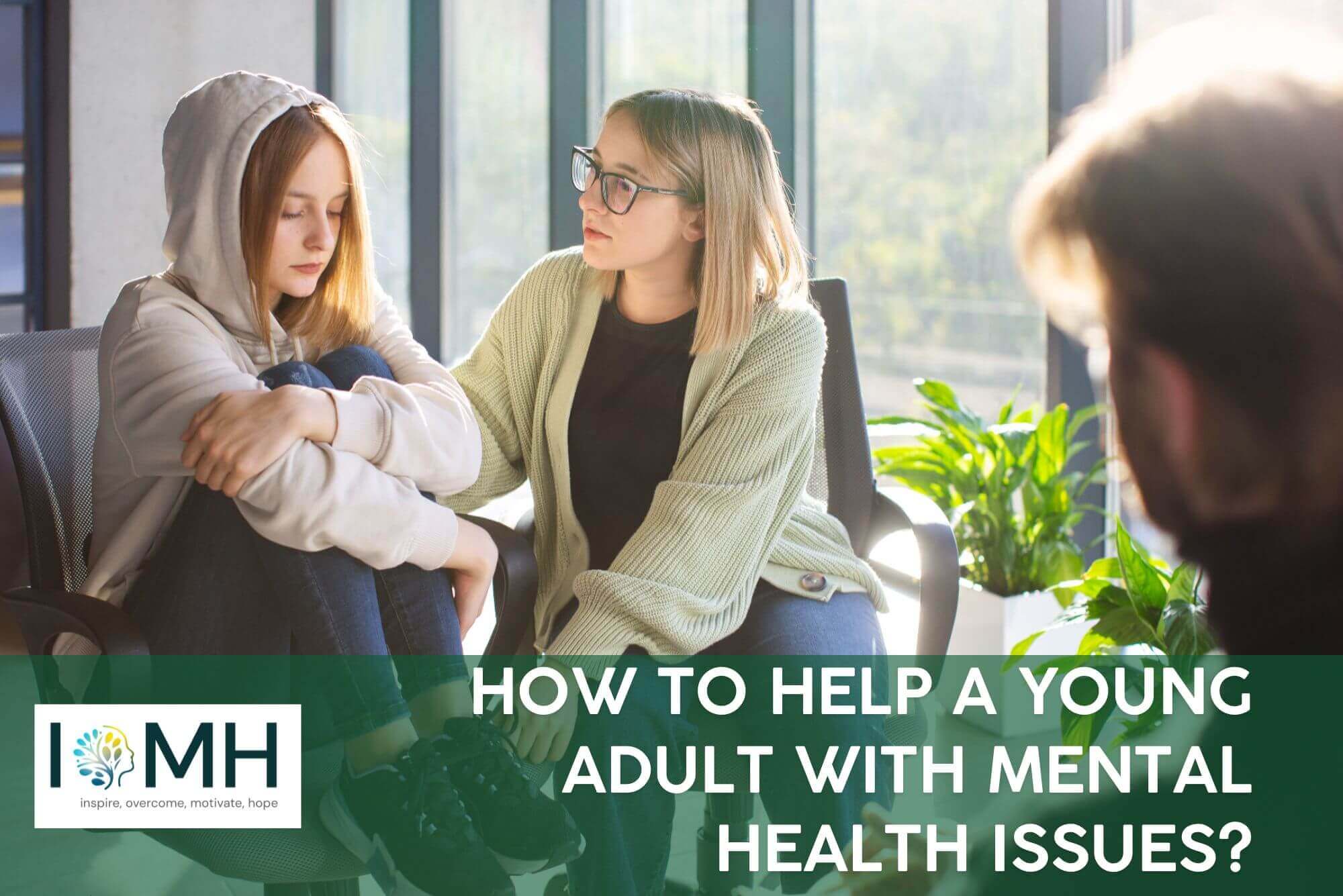
Mental health issues have always been there; they are and will always be. Still, mental health wellness is one of the most ignored issues of our lives. Added to this, many of us don’t even know what exactly mental health issues are, how to recognise them, and how to get help out of this. In this write-up, all these discussions are presented together. Here, we will get a clear concept of what mental health issues are, how to recognise them, and stigmas around them. Here, the core focus is the most vulnerable mental health victims—the young adults—and the practical guidance to help them. Young adults are the future. Facts regarding mental health issues in the UK are also showcased at the end.
What Are Mental Health Issues?
Mental health refers to states of mind in different situations. It becomes alarming when one can’t function as expected in daily life and can’t have control over mood, thinking, and behaviour. Depression, sleep disorders, eating disorders, anxiety, and addiction are some of the common examples of mental health issues. Ignoring these states can lead to serious conditions like schizophrenia, suicidal thoughts, etc. It is just not a mere mood swing. People with mental health issues desperately need help as they can’t recognise their problems.
Recognising the Signs of Mental Health Issues
To cure mental health conditions, we need to recognise them first. Some signs can warn us about the mental health issues of our dear ones. For example:
- Depressed or sorrowful for a long time
- Losing enjoyment or interest in normal activities.
- Changes in weight or appetite (rising or falling).
- Sleep disorders, such as oversleeping or insomnia.
- Excessive fear or anxiety.
- Feeling tensed or restless.
- Tension in the muscles.
- Having trouble focusing.
- Irritability.
- Social disassociation.
- Hallucinations-perception of unreal sounds or sights.
- Delusions-unfounded, erroneous beliefs.
- Difficulty in maintaining relationships.
- Reckless or impulsive actions.
- Inability to concentrate or pay attention.
- Impulsivity or hyperactivity.
- Repetitive actions or limited patience.
And many more signs that are abnormal according to natural human behaviour. We should be aware of such disorders and help our dear ones as soon as they are recognised. Many certified mental health issues tests help to identify these conditions. In many countries, mental health helplines are designated to help people.
The Stigma Around Mental Health
Wherever we are in the world, we will find stigmas around mental health. These are broadly categorised into 3 types:
- Public Stigma: The negative or discriminatory attitudes that people with mental illness may receive in public gatherings.
- Self-Stigma: The negative attitudes and internalised shame about own mental health condition.
- Structural Stigma: That’s the more systemic and written policies of any organisation that intentionally or unintentionally limit the opportunities for people with mental illness.
These may not affect a person’s mental health directly but can seriously hamper the cure. These may seem impossible to solve, like “How can we change these stigmas?”
In all situations, the only solution is conversion with empathy. We should have empathy in conversations so that they can open up about their problems.
The Most Vulnerable Young Adults
This post-covid world has revealed a truth during the social isolation period that 32% of the adults aged 19-28 felt extremely stressed and had low self-esteem. Also, 45% of people aged under 30 felt severe anxiety, depression, and panic. Many of them suffered from insomnia too. Why them only?
Statistics said the harsh truth of these tough age numbers. People of this age range often deal with the toughest feelings of life. Most physical and mental changes, financial struggles, and social identification start at this age. People are emotionally vulnerable at this age and become easily triggered by unexpected events. That causes huge mental trauma, leading to mental health issues. Everybody deserves to pass this stage without any mental health issues.

Practical Ways to Help a Young Adult with Mental Health Issues
“Prevention is better than cure”—an old but golden rule to solve any problem. It’s no exception in the case of mental health issues. We have to prevent this issue by helping young adults to grow as optimistic people. Hence, the 5 Cs are the most appreciated model to guide young adults to a healthy mental condition.Then come the tips to follow to help those who are already affected.
5 Cs to Prevent Mental Health Issues In Young Adults:
The 5cs of “Positive Youth Development (PYD) and their relationship with mental health” by learners are widely discussed ways to help young adults with mental health. These 5 cs refer to:
- Competence: The positive view of one’s actions in different setups.
- Confidence: The internal sense of self-esteem and self-efficacy.
- Connection: Establishing positive bonds with key individuals and institutions for the development.
- Character: Respect towards sociocultural norms and ethical sense of right or wrong
- Caring: The sense of sympathy and empathy towards others
These 5 Cs indicate the elements young adults should inherit. When all these 5 elements are present in them, they are less likely to engage in any risky behaviour.
This is the first step to helping young people with mental health—helping them grow these qualities to prevent mental health illness. This will then develop the “sixth C” in them gradually. This sixth c is the positive contribution towards their immediate context and ultimately the society.
Guidelines To Help Young Adults With Mental Health Issues:
Now what about those who are already affected and need immediate help? As responsible individuals, we should always be ready to prioritise their needs. Check out the following notes while dealing with someone who needs help:
- Encourage them to share their feelings. We should keep checking on their conditions and changes. Ask them open-ended questions to encourage them to share their thoughts and feelings. Remind them of your availability to listen whenever they want to share anything.
- Take the time to support them. We should have patience while dealing with them. Make routines together, have breaks, and try again. Problems just can't vanish overnight.
- Work through conflict together. Being honest and transparent is important. We need to share our opinion too. We should let them know the extra stress we are taking in a gentle way. Often, it works like magic as we care for that person.
- Choose the right and positive words and sentences. Younger people tend to take words literally. So, using positive words is the key to have their respect and faith. They will be more encouraged to share their problems as they find hope in our words.
- Care for yourself. Carers go through a lot. When we start giving support to someone, they start to expect more support. If we feel exhausted and ignore them, it causes a major shutdown. We need to ask for help if felt overwhelmed.
Mental Health in the UK: Statistics and Support
In the UK mental health issues are getting worse as the pandemic. Yearly, 1 person in every 4 is facing mental health problems. This ratio gets bigger if we focus on specific conditions like anxiety and depression.
Fortunately, this issue is being noticed, and many helplines are being established. The UK government is taking action to address this issue centrally. There are websites where you can get specialised information and help regarding mental health issues.
Also, institutions are providing courses to create awareness. Like the following one:
As this is the only practical way to prevent mental health illness to a massive range. The more aware we will be, the easier it will be to prevent.
Final Thoughts
As you have known this far of this fact, why not help the ones around us? Let’s help those who are struggling to look up with confidence like others and make the earth livable for all.
- All Courses
Personal Development (1217)
 Employability (339)
Employability (339) Management & Administration (289)
Management & Administration (289)Health & Social Care (265)
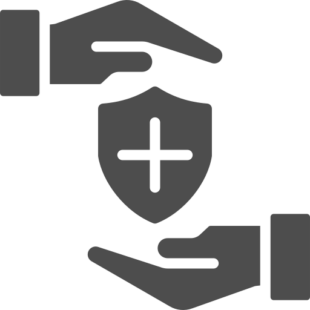 Health and Safety (255)
Health and Safety (255)Business (207)
IT & Software (188)
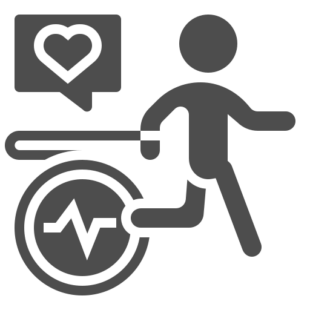 Health and Fitness (170)
Health and Fitness (170) Teaching & Education (149)
Teaching & Education (149) Accounting & Finance (107)
Accounting & Finance (107)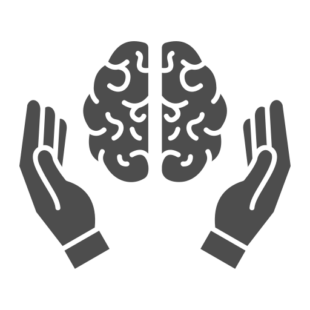 Mental Health & Counselling (96)
Mental Health & Counselling (96)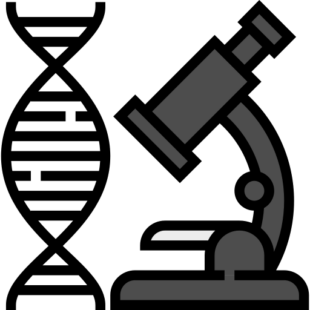 Science & Technology (85)
Science & Technology (85) Art & Design (83)
Art & Design (83) Sales & Marketing (78)
Sales & Marketing (78) Construction & Engineering (73)
Construction & Engineering (73) Compliance & Law (66)
Compliance & Law (66)Language (64)
Career Bundle (57)
 Photography & Lifestyle (45)
Photography & Lifestyle (45) Animal Care (34)
Animal Care (34) Sports & Fitness (34)
Sports & Fitness (34)Makeup & Beauty (27)
 Diet & Nutrition (27)
Diet & Nutrition (27) Food Safety & Hygine (21)
Food Safety & Hygine (21)First Aid (19)






0 responses on "How To Help A Young Adult With Mental Health Issues?"